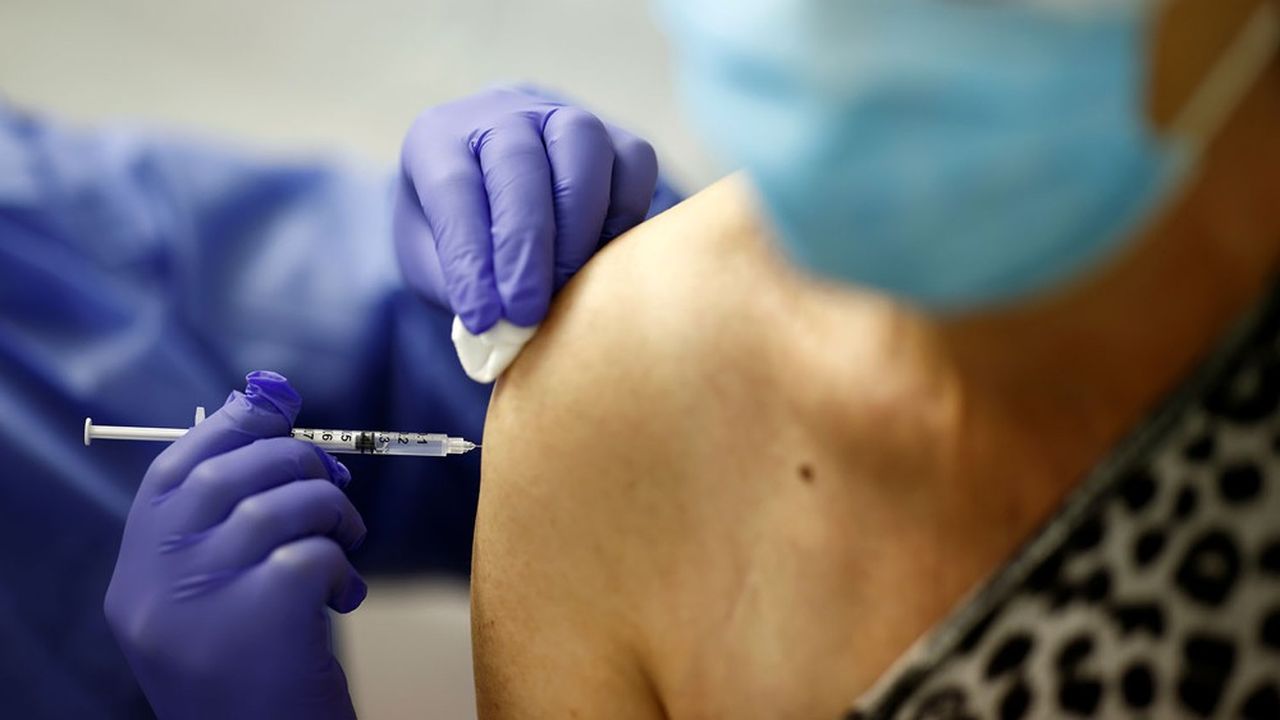Lactalis, the world number one in cheese, quickly seized the opportunity given to occupational health services to vaccinate employees. The request came as much from the management of the group as from the employees and their representatives. “The nurses also wanted to get involved in this public health process,” says Dr. Prisca Bournaud, occupational physician at Lactalis headquarters in Laval. The service has been offered in Mayenne and Ille-et-Vilaine where the group has nearly 6,000 employees, justifying an independent occupational health service for each of these departments.
Vaccination in business, authorized in February, started in mid-April at Lactalis, “the time to discuss the feasibility but also in order to preserve medical confidentiality”, details Doctor Audrey Hirou-Robert, occupational physician on the site from Retiers to Ille-et-Vilaine. The doctors wanted the restriction linked to the state of health to be lifted and to switch to vaccination by age group.
Refrigerators
The group’s health services were already running the vaccination campaigns to organize each year that of the flu, which attracts several hundred employees each season. Lactalis benefits from ad hoc staff. For the Covid, it was only necessary to acquire refrigerators, at 700 euros each.
For making appointments, a dedicated agenda has been reserved on Doctolib, “to respect confidentiality and to save time,” explains Prisca Bournaud. As for vaccines, the group’s doctors found themselves on an equal footing with their generalist colleagues. They had to refer to a nearby pharmacy. Therefore, these are doses of AstraZeneca that the group has mainly received so far.
Only 110 employees vaccinated
“We should soon have Moderna”, hopes Audrey Hirou-Robert, which should revive the momentum, after a fortnight’s shutdown, because the number of people eligible for the AstraZeneca vaccine is now covered within or outside the hospital. ‘business. Public vaccinodromes are indeed efficient and well supplied in the West. The fact of having only AstraZeneca, and in limited numbers, therefore restricted the operation to only 110 people vaccinated internally.
The campaign is however seen as a success by the doctors of the group. “For employees, the fact of being vaccinated at the place and during the working time without having to organize themselves beforehand makes it possible to reach people who would perhaps not do it otherwise, the operation is therefore unifying, ”said Audrey Hirou-Robert.
–


